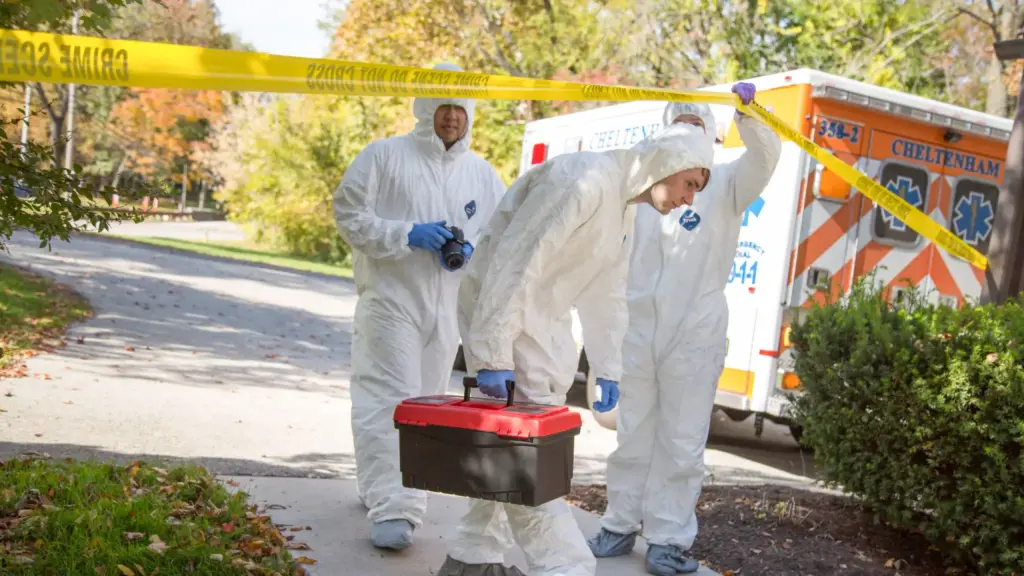Overview
- Degree Level
- Undergraduate
- Degrees Offered
- Minor
- school/college
- College of Arts and Sciences

Arcadia’s Forensic Investigations minor allows students interested in science, criminal justice, psychology, education, or sociology to explore forensic science.
Required Course
Learn how criminalistics is broadly defined as the science that develops a system of special procedures, methods, and means for collecting, studying, and evaluating legal evidence used in criminal proceedings for the purpose of preventing, exposing, or investigating crimes. Your studies will progress from crime scene investigation and legal aspects of evidence, to laboratory considerations, to how forensic scientists analyze and interpret evidential data in order to present results within the court system.
Required Course
During this course, you will complete and comprehensive look at processing a crime scene, from the initial call to reconstruction of the crime scene for court presentation.
Elective Course
Discover how the adaptation of DNA analysis for forensic science investigation disrupted the field of criminal justice. DNA exonerations not only free innocent people from prison—in some cases after decades of wrongful incarceration—they also raise questions about the processes and procedures that lead to wrongful convictions in the first place, including police interrogation techniques, eyewitness identification procedures, the quality of indigent defense, prosecutorial misconduct, and more. In this course, you’ll examine what DNA exonerations reveal about the field of criminal justice, how exonerations occur, what can be done to correct criminal justice processes to minimize the chance of wrongful convictions, and what happens after an inmate is exonerated.
UKnightedTuesday is here! Please make your gift for today’s
students at arcadia.edu/ukt24.

This website uses cookies so that we can provide you with the best user experience possible. Cookie information is stored in your browser and performs functions such as recognizing you when you return to our website and helping our team to understand which sections of the website you find most interesting and useful.
Strictly Necessary Cookie should be enabled at all times so that we can save your preferences for cookie settings.
If you disable this cookie, we will not be able to save your preferences. This means that every time you visit this website you will need to enable or disable cookies again.